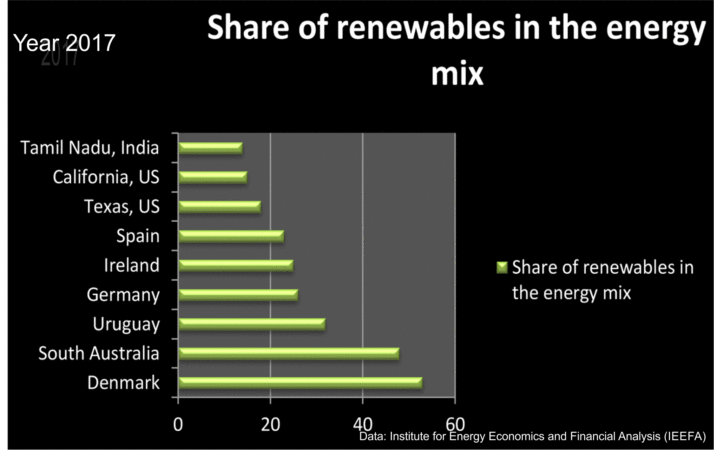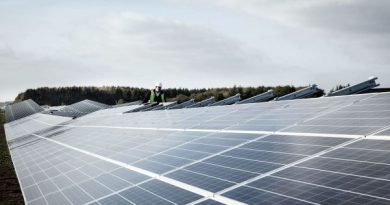Energy and The Tamil Nadu Paradox
It is no surprise that Tamil Nadu, India’s most prosperous southern state by GDP is a leader in renewable energy generation. Just recently, we spotted a headline announcing how this state has more wind power capacity than global ‘powerhouses’ like Sweden and Denmark.
In fact, the article highlighted how there are only 5 European nations, besides the US, China, Brazil, and Canada that have higher generating capacity than Tamil Nadu. Effectively making the state the 10th ranked on its own power.
Of course, a strategic location with a long coastline and abundant sunshine for most of the year also means that this progressive state has a high ranking for solar power in India. It ranks at the top for rooftop solar, and third overall in installed solar capacity.
However, strangely enough, despite such a stellar performance on renewables, with actual generation contributing to 16% of the state’s needs, the state is planning to double its thermal power capacity. This addition of fresh coal fired capacity is a huge surprise, considering the new lows seen recently in both solar and wind power bids, in the state and beyond, with prices for both touching levels that are comfortably competitive or better than thermal now.
The state discom, Tamil Nadu Electricity Board or TNEB, is finally hoping to show a profit this year, after 15 years of losses. As it turns out, among the many reasons given for the turnaround have been reduction in purchase of expensive power using Naphtha and low sulphur heavy stock fuels. In this situation, for the state to go with additional thermal power at this scale is frankly, inexplicable.
While the state’s wind energy leadership looks safe for now, in solar, other states like Andhra Pradesh, Rajasthan and more are already moving much faster on fresh capacity installation. With the renewables sector looking more and more competitive on an almost weekly basis, one hopes that the state administration will take every step possible to consider renewable options, before going for long term commitments to coal based power.





